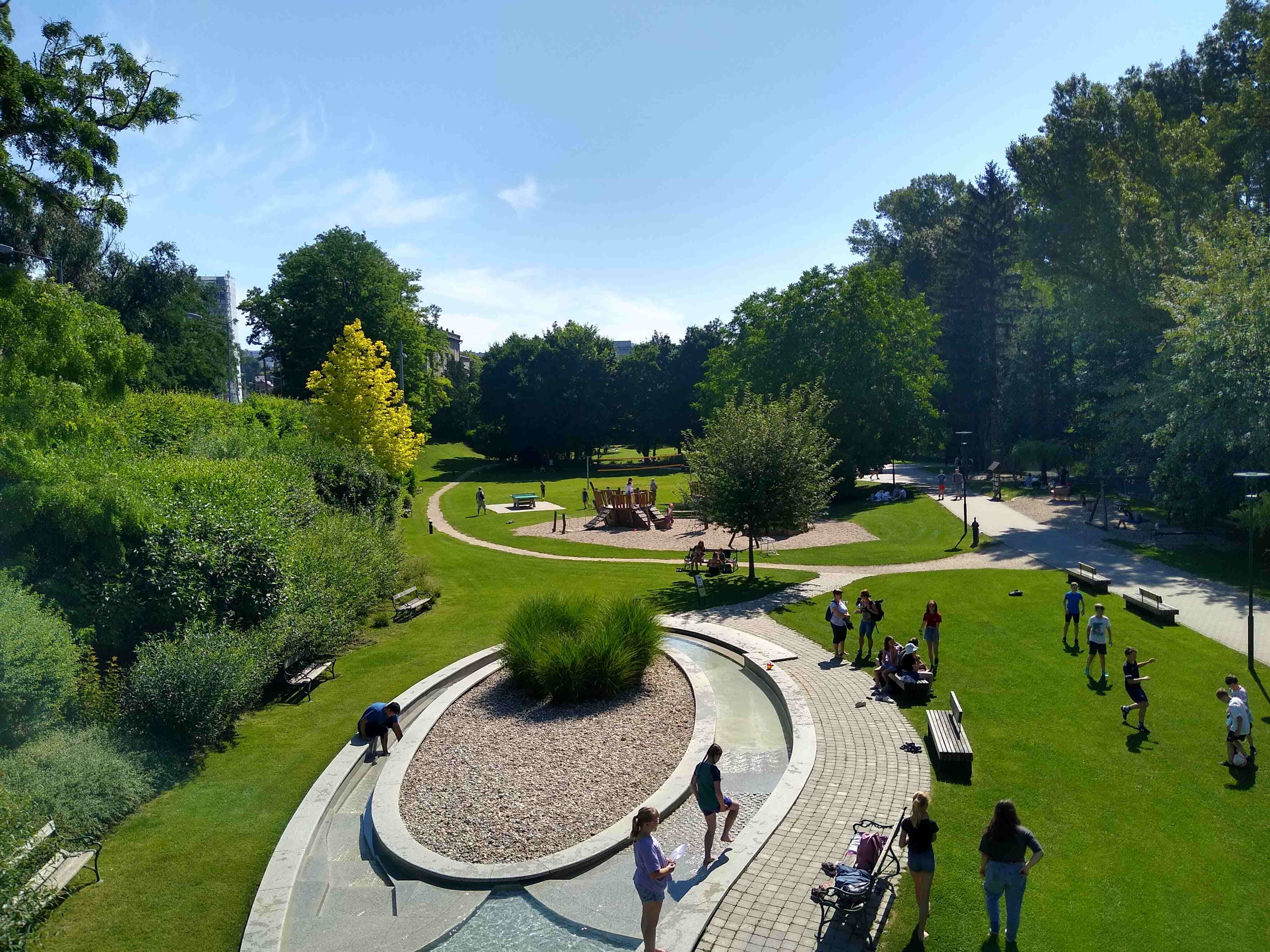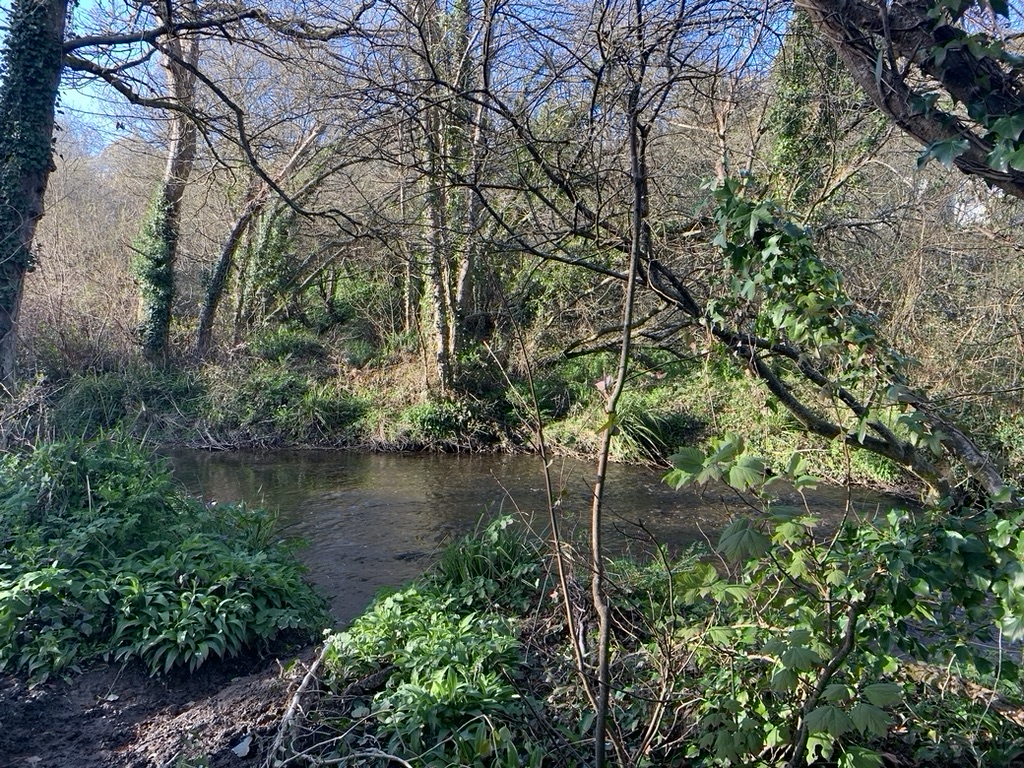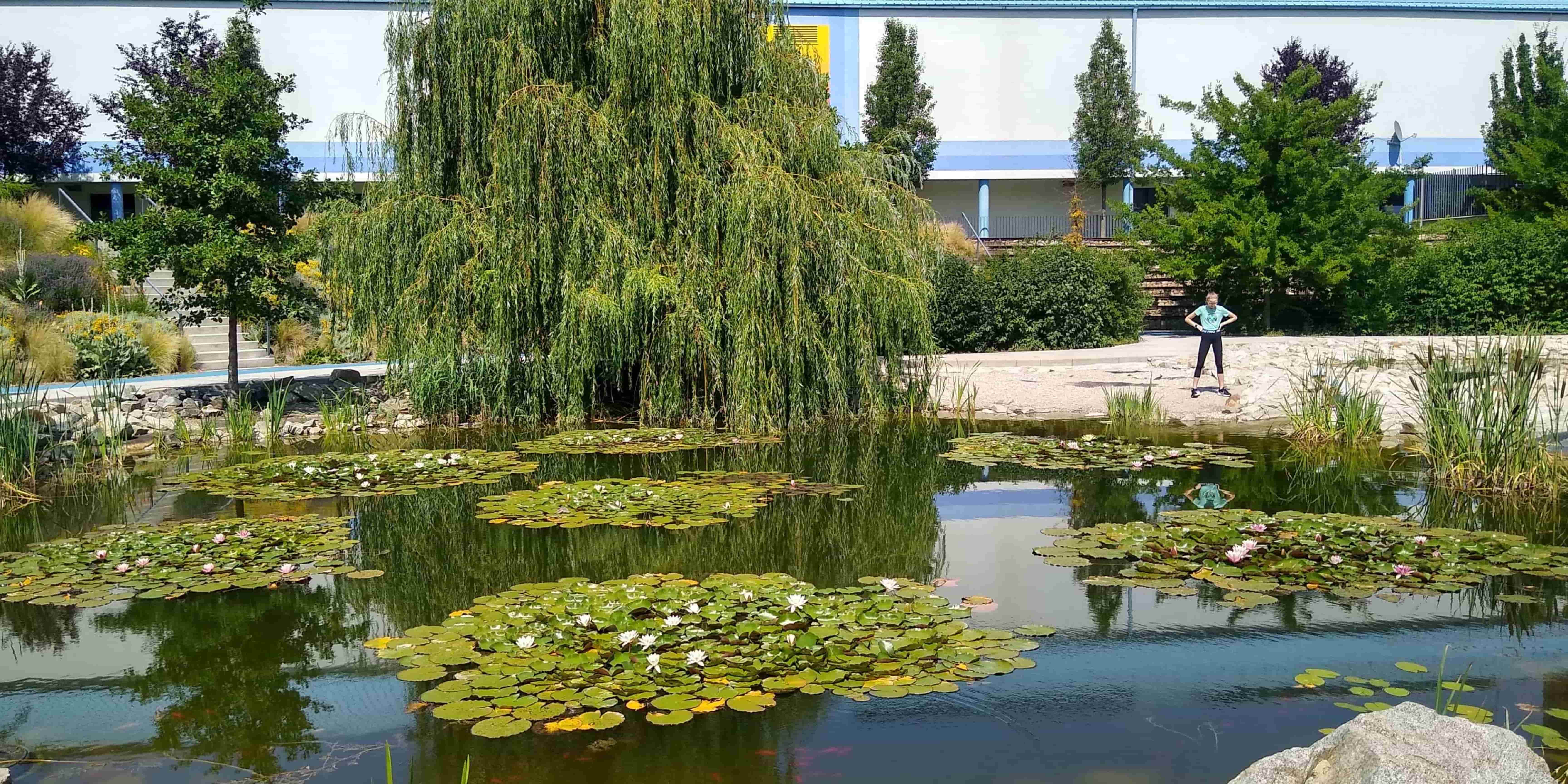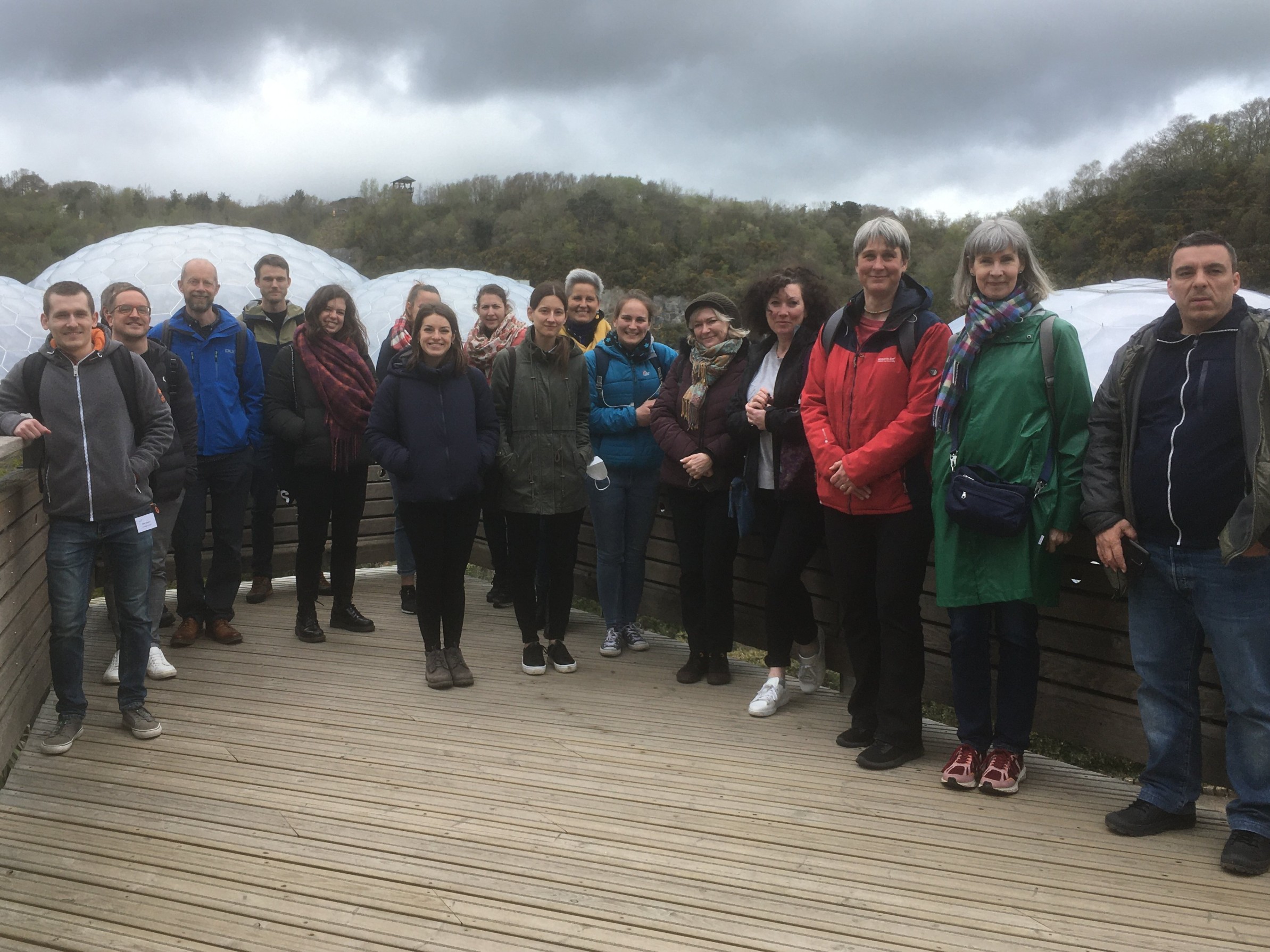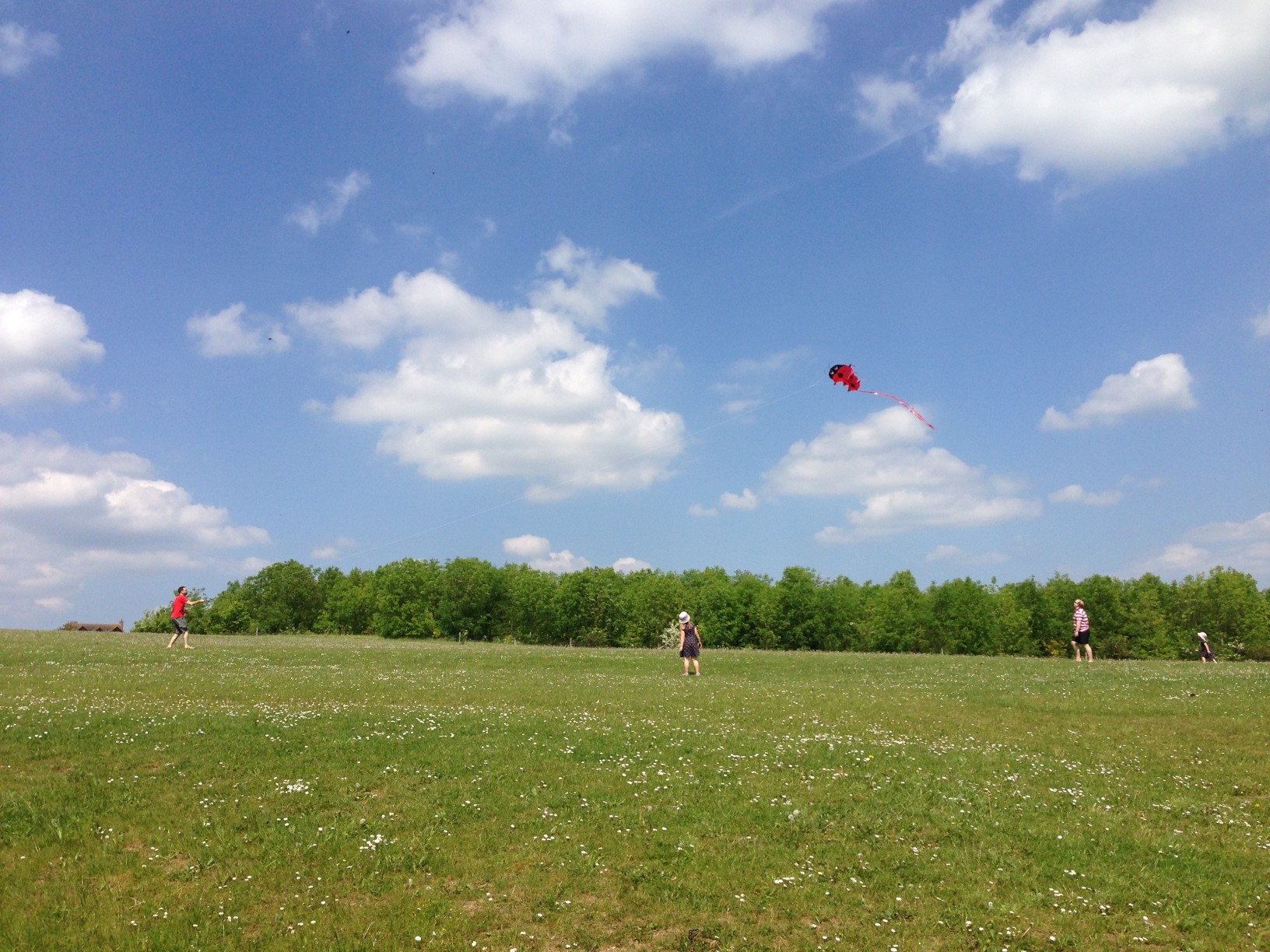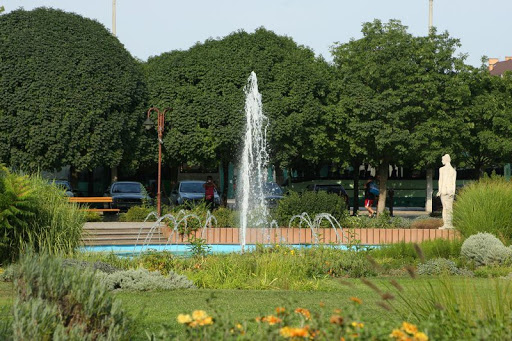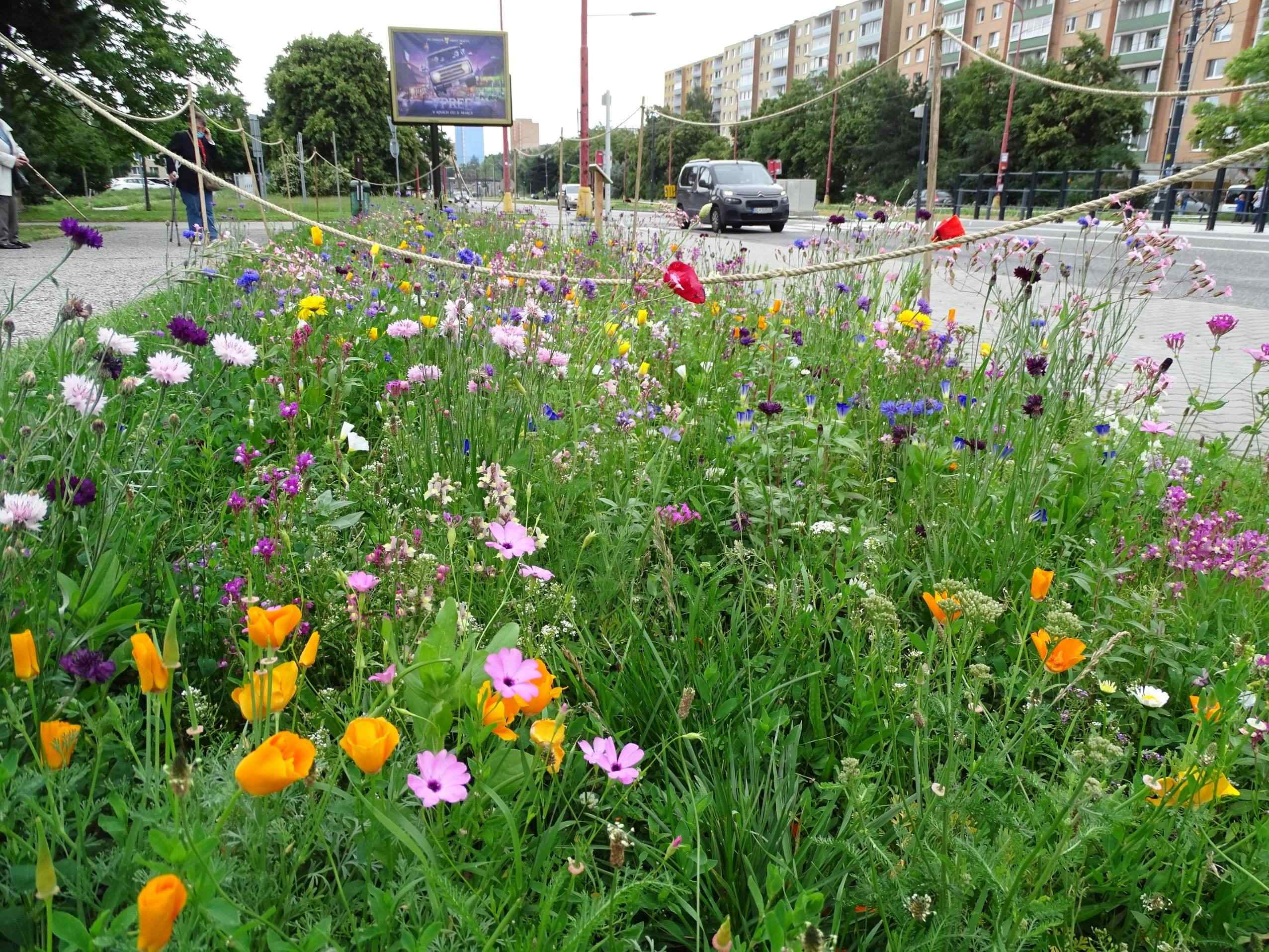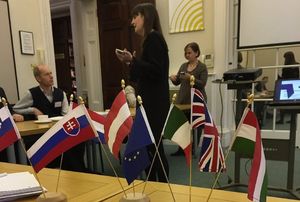 PERFECT (Planning for Environment and Resource eFficiency in European Cities and Towns) is a new INTERREG Europe project on maximising the multiple benefits of green infrastructure, being led by the Town and Country Planning Association (TCPA). The purpose of the project is to highlight the potential that green infrastructure has in creating resilient and prosperous regions, by transferring good practice and expertise across the partnership. The eight partners all have specialisms in different aspects of green infrastructure, including climate change adaptation, transport, energy and health.
PERFECT (Planning for Environment and Resource eFficiency in European Cities and Towns) is a new INTERREG Europe project on maximising the multiple benefits of green infrastructure, being led by the Town and Country Planning Association (TCPA). The purpose of the project is to highlight the potential that green infrastructure has in creating resilient and prosperous regions, by transferring good practice and expertise across the partnership. The eight partners all have specialisms in different aspects of green infrastructure, including climate change adaptation, transport, energy and health.
The first PERFECT partner meeting took place in February in London between 6 - 9th February. The meeting started with the TCPA setting out guidance being provided for partners on the outputs of the project, and partners sharing their experiences on good practice in implementing green infrastructure according to its various benefits. The TCPA explained the activities of the project which include production of baseline surveys, SWOT analyses, literature reviews and audits of green infrastructure policy. Good practice case studies will be identified leading to the formation of the MAGIC matrix (Multi Advantages of Green Infrastructure in Cities) categorising examples based on their benefits, which will help partners to impact on their policy instruments and inform their Action Plans.
On the second day, stakeholders including politicians and delivery partners joined the meeting and heard expert presentations from Vujadin Kovacevic from DG Environment at the European Commission, on the way that green infrastructure cuts across multiple thematic objectives for Structural Funds; and Dr Hugh Ellis from the TCPA on the importance on green infrastructure in securing the future of urban and rural areas. A workshop was held where partners used the lessons in a practical exercise to design green infrastructure in to an existing urban area in north England, and discussed how investment and planning processes could be influenced to support the jobs and growth agenda.
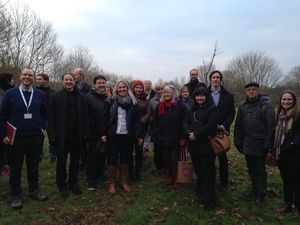
A study visit took place on the Wednesday 8th February to Bicester, where partners learnt about how various stakeholders are being engaged and partnerships developed to maximise the potential of natural heritage in large scale new development. Partners also heard from the University of Oxford and Mersey Forest about how effective mapping of green infrastructure can influence the investment and planning processes and secure support from key decision-makers. Partners visited a number of sites and saw at first hand the socio-economic benefits of high quality green infrastructure from local representatives.
A further study visit took place on the following day to east London, where ERDF funds have been successfully secured, to learn from the key delivery organisations and individuals about the lessons learnt. The London Borough of Havering and the Royal Society for Protection of Birds explained to partners the impact of the Rainham Marshes scheme on improving the local economy and the benefits to local people of investment in green space. Nearby, partners also visited Beam Parklands to learn from the Land Trust about the problems which were addressed in the project, where high levels of deprivation and flooding risk to new development were tackled through investing in restoring green space, and the support of ERDF investment which unlocked new commercial activity and has boosted the economy of the area as well as multiple social benefits.
Following the meeting, partners are now establishing their baselines by carrying out surveys of staff and stakeholders to understand how green infrastructure is currently understood and to what extent investment is being secured. Partners are also undertaking a literature review of both their policy instrument and other strategies relating to green infrastructure. These are important first tasks for the project and will form the basis of the SWOT analysis and peer to peer working, by assessing the state of play in each partner area, and targeting what the project needs to influence to be successful.


